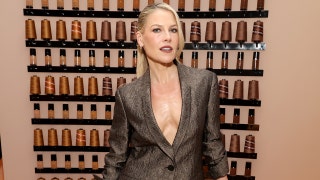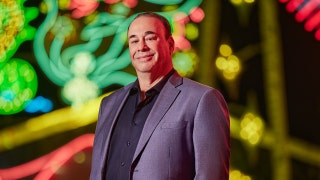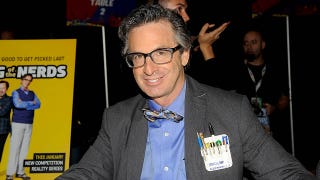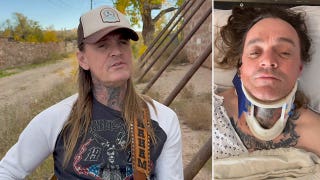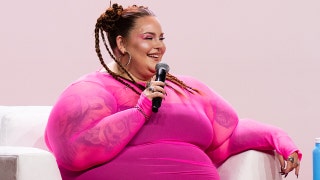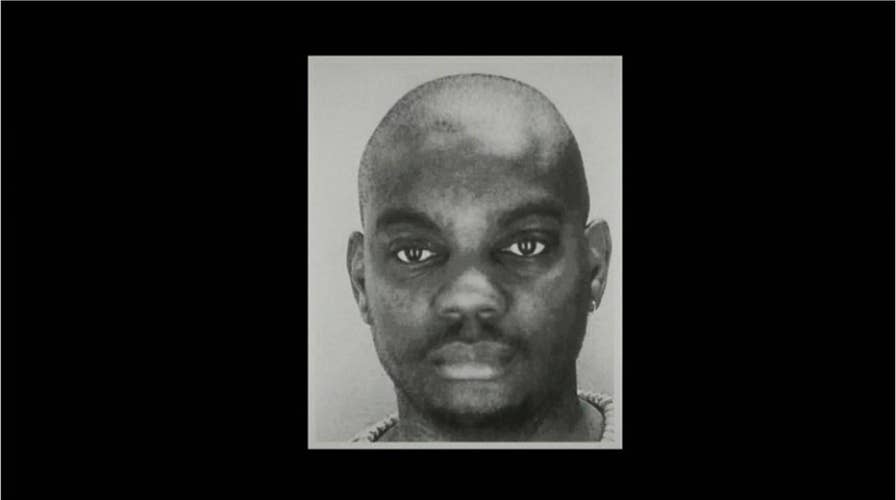Taco Bell Strangler detective speaks about case in new doc
The detective in the ‘Taco Bell Strangler’ case is speaking out in a new documentary for the discovery channel.
Retired homicide detective Garry McFadden is coming forward in an upcoming TV special to share how investigators finally caught the Taco Bell Strangler.
Investigation Discovery is premiering a new documentary titled “Bad Henry" on Tuesday. It chronicles how McFadden and his nine-person homicide unit found themselves on a hunt for serial killer Henry Louis Wallace, who murdered nine women in North Carolina, as well as one in South Carolina, from 1992 until 1994.
The show features interrogation tapes and stories from both investigators and families of the murdered women.
McFadden told Fox News he was ready to address misconceptions that have long plagued the community about how Wallace was finally captured.
“It’s been 25 years,” said McFadden. “I talked to some of the family members. And I’m still getting phone calls from family members as we speak. We thought it was important for this story to be told.
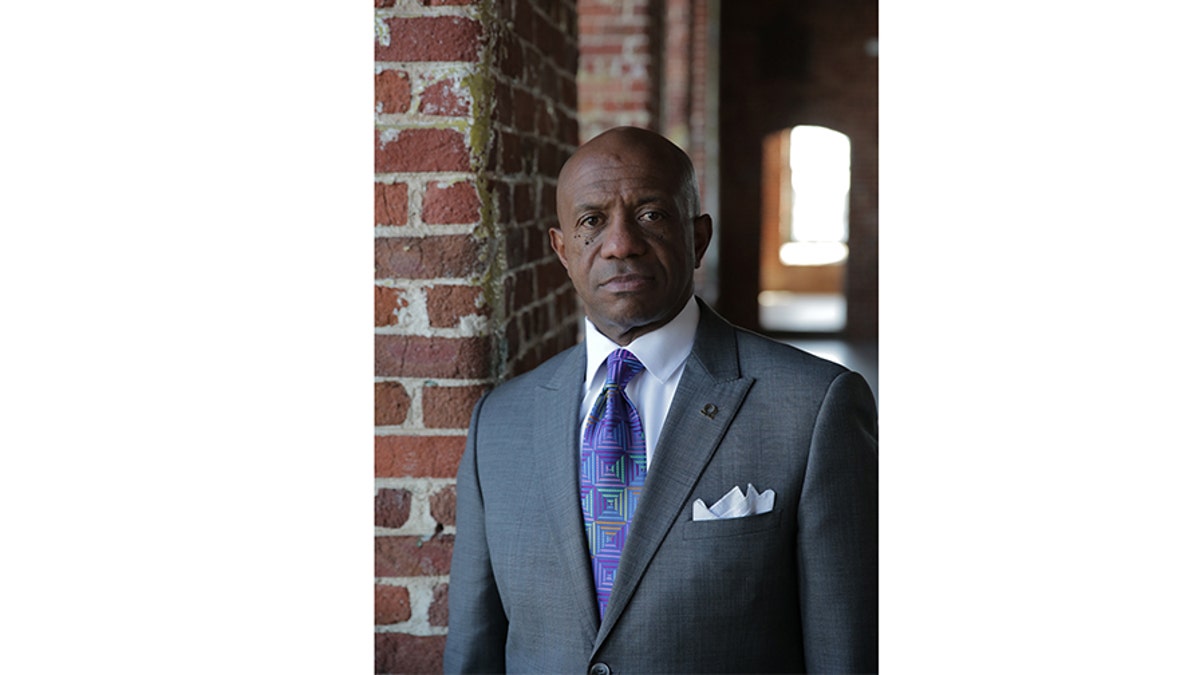
Retired homicide detective Garry McFadden. (Discovery)
"There are still wounds and I thought it was time to do it. I talked to several people who were with us back then… If they were willing to participate, then we would do it… We thought 25 years was enough time, sufficient time, to talk about this.”
Back in 1994, the New York Times reported Wallace, who police described as a crack addict and a drifter, was charged with sexually assaulting and murdering 10 women who were neighbors of co-workers. He also choked one victim’s 10-month-old baby, who survived.
Wallace had previous arrests in South Carolina and Washington on charges of sex offense, burglary and larceny. Wallace had no permanent address.
North Carolina’s News & Observer also revealed Wallace was a U.S. Navy veteran who committed robberies for drug money.
Wallace was nicknamed the "Taco Bell Strangler" by the media because he previously worked as a manager at the fast-food chain in Charlotte where he met several of his victims, who were employees. It is unclear how long Wallace worked there.
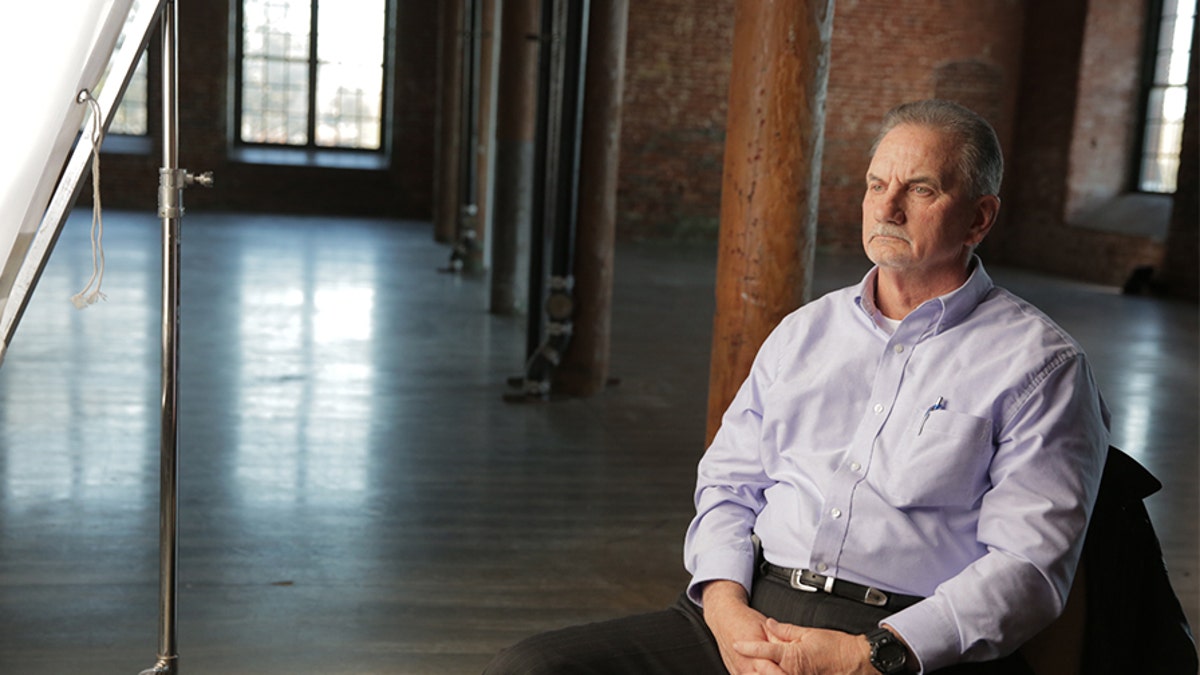
Investigators who captured Henry Louis Wallace came forward to discuss their involvement. (Discovery)
The case especially hit home for Wallace, who knew one of the victims. Sharon Nance’s death was originally reported in 1992 when she was 33 years old.
“Sharon was one of the first people I met when I came to Charlotte,” he explained. “She was a person who was in the streets. She had a beautiful smile. Sometimes we overlook people’s hearts because of their profession… I just remember her for always having a great time. There was always laughter, like, ‘That’s the little detective, that’s the little police officer who came from South Carolina and now he’s in the big city.’"
According to the documentary, Nance was a prostitute.
“It was heartbreaking… Her lifestyle complicated things, but I think we need to look at it from a different perspective. She was a person. She was loved. She was a human being. So no matter what your lifestyle is like, you’re still someone’s daughter… I think we need to look at that more closely, especially as law enforcement when you are investigating these cases. Not because of their profession or lifestyle.”
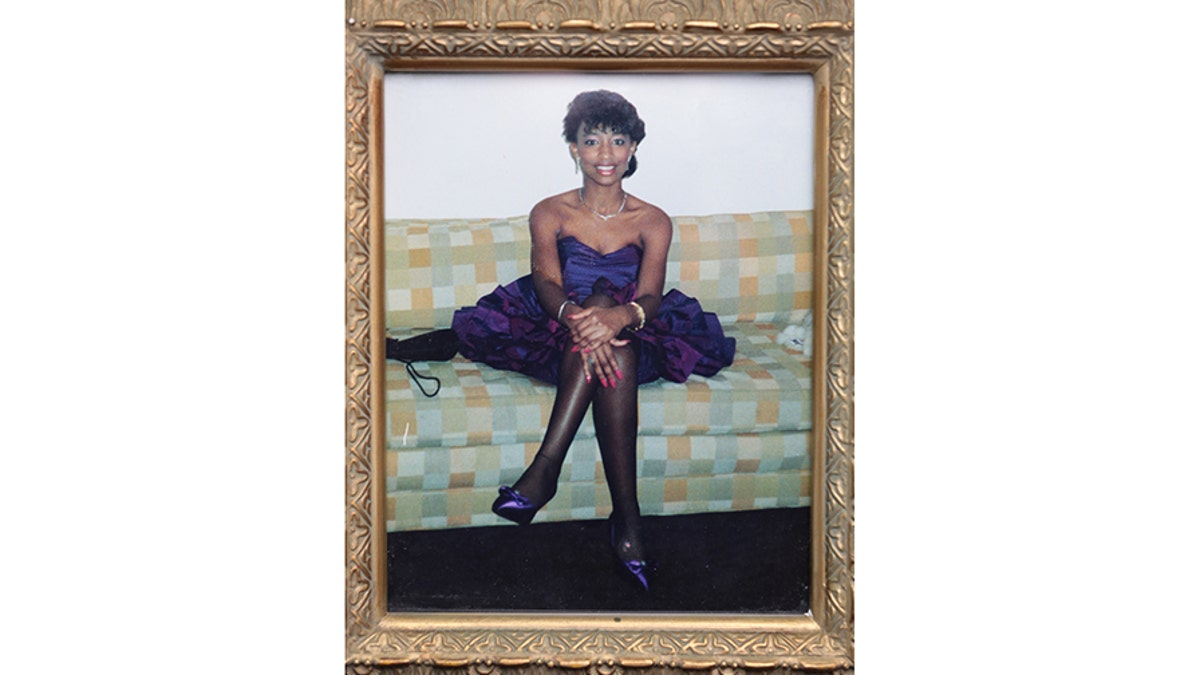
One of Henry Louis Wallace's victims. (Discovery)
McFadden, who still suspects Wallace may have killed more women, said the murderer lured his victims with friendship. Charlotte Magazine also shared Wallace had even attended some of his victim’s funerals.
“He was their friend,” explained McFadden. “Most females have a person in their lives who is like a good friend or a big brother. And whenever we have arguments with our loved ones or spouses and girlfriends, there’s that guy she confides in.
"He gained their trust. So it was very easily done… The trust factor happens a lot… He knew all these women’s behaviors, boyfriends, lifestyles — everything. He knew them, so they felt comfortable around him. So it was very easy to manipulate them at that point.”
At the time of Wallace’s capture, the Charlotte Police Department faced severe backlash by the community for reportedly being slow to realize the victims, lower-income black women, were being targeted.
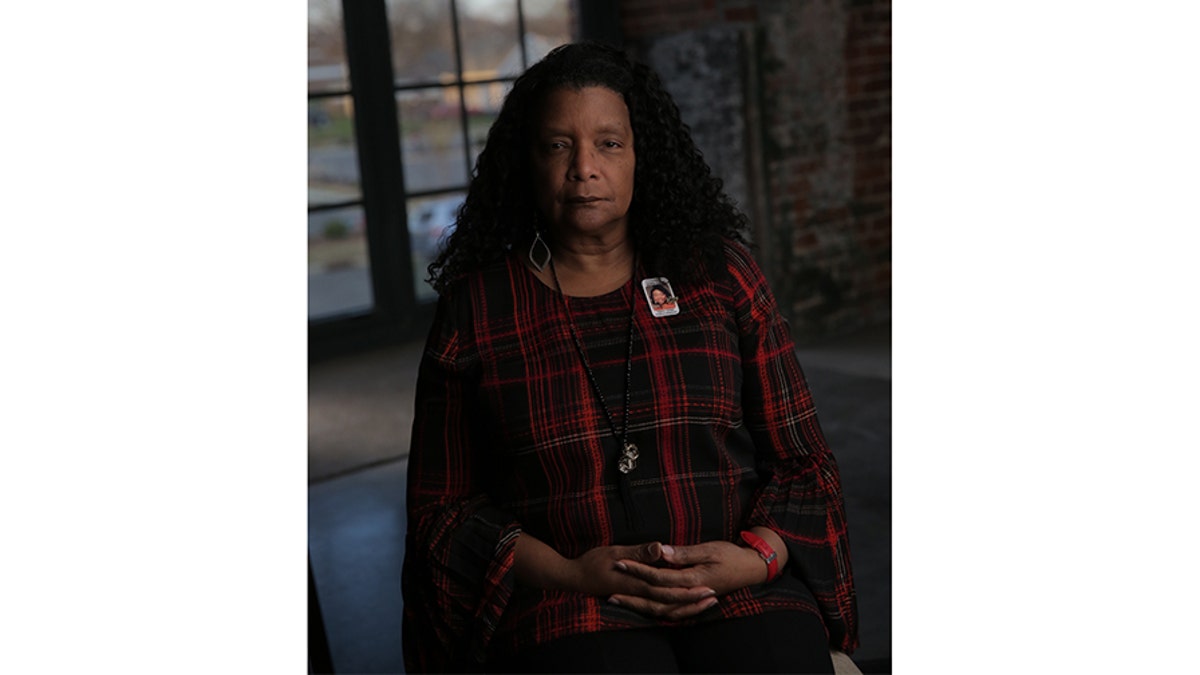
Dee Sumpter came forward to discuss the life and death of her daughter, Shawna Hawk. (Discovery)
McFadden pointed out police were overwhelmed and understaffed during the grips of the crack epidemic where there was a new murder reported every other day.
“We were faced with the crack epidemic,” he explained. “A lot of people were getting robbed. A lot of homes were getting broken into. Purse snatching, carjacking, shootings, stabbings, missing persons because they were on drugs — there was a lot of crime, a lot of chaos.
"You have to remember, there were a lot of deaths and people wanted answers. And everybody was scared to talk because it was drug-related or if you said anything somebody would shoot you. We also had two officers who died during that time, And so with all this stuff that was going on, it was very chaotic. We were just trying to hold on… We didn’t have relationships with the community. So it was a very difficult time. Very difficult.”
Police were also perplexed by Wallace’s personal, horrifying method of killing women. McFadden and the CMPD Homicide Squad became increasingly worried when the body of 18-year-old Brandi Henderson was found strangled in her Charlotte home in 1994.
While the unit normally had one strangling per year, it was their second in three weeks at that time.
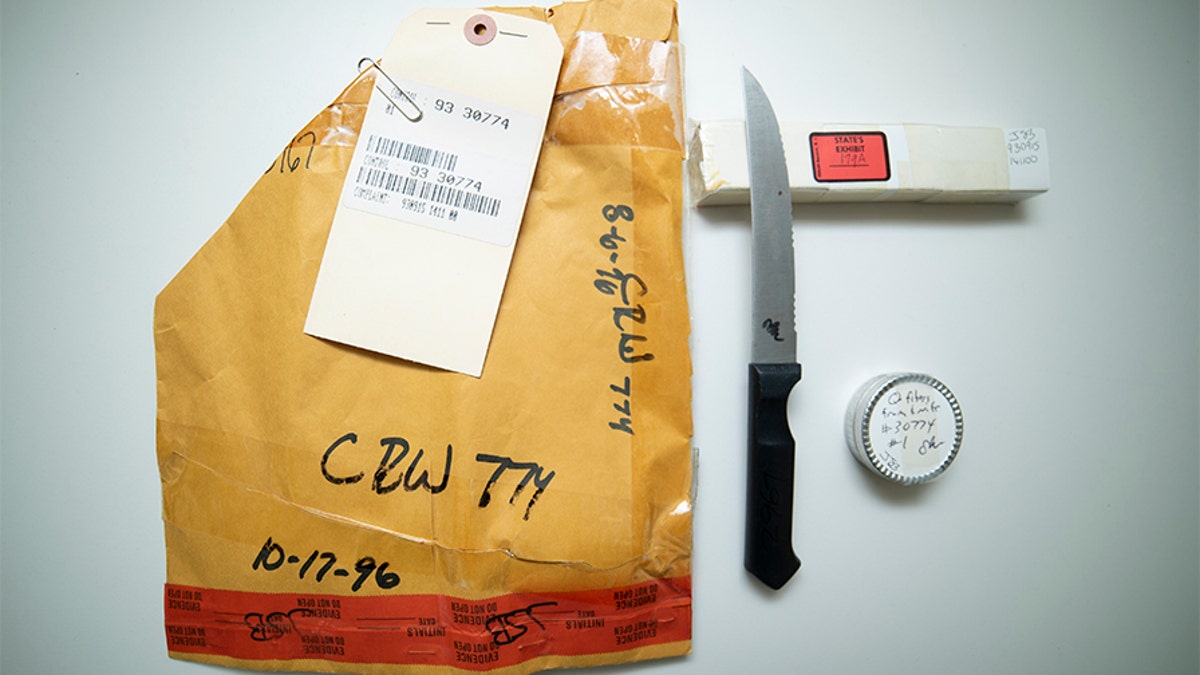
Evidence from the case of Henry Louis Wallace. (Discovery)
“Now when we look at the statistics, a lot of women who are in domestic violence situations are strangled,” said McFadden. “So sometimes it’s a precursor to their death. But then, in the ‘90s, we did not look at it as that. We didn’t have the chance to capitalize on some of the mistakes we made or things that we needed to… look at more closely.”
McFadden also admitted police, despite their dogged work, didn’t know they were faced with a serial killer. Consequently, investigators wouldn’t establish a pattern until years later.
The murders were initially addressed as individual homicide cases until police later realized Wallace was somehow connected to the women.
“Here’s the problem — nobody knew,” said McFadden. “It’s never that we knew this man was killing women. It wasn’t that it went on for weeks and we were hunting for a killer… It’s not like we thought we knew there’s somebody killing these girls and we need to find them. No — There were individual homicides worked individually, not as [the workings] of a serial killer. And that’s a misconception people have. It’s not like we were out there looking for a serial killer and we found him. No. We did not know we had a serial killer.
“We did not know a serial killer was operating right under our noses during this crime spree. I think that’s a misconception that a lot of people have that we were trying to correct. We did not know we had a serial killer, to be honest. We just did not know… We only realized it a couple days before we caught him.”
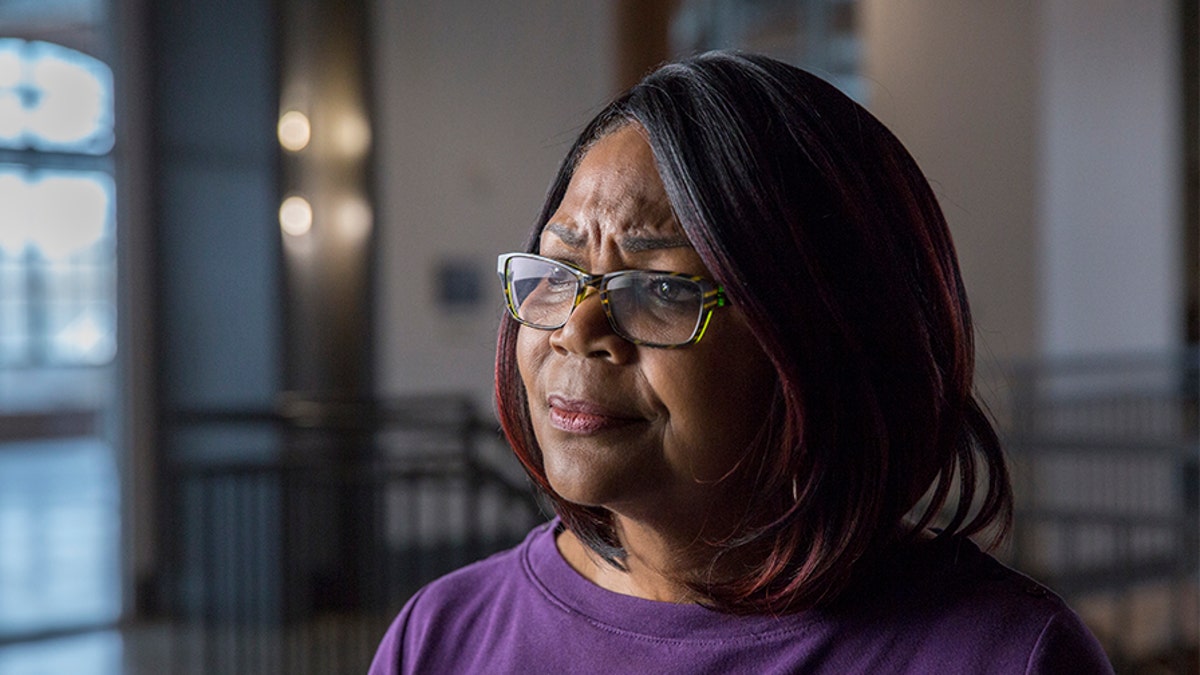
Loved ones came forward to discuss how serial killer Henry Louis Wallace impacted their lives. (Discovery)
McFadden is aware of the criticism investigators continue to face about Wallace’s long-awaited capture.
“Everybody, as they say, threw us under the bus,” he explained. “They were very angry, which they should have been because they lost their loved ones. You can’t take that away. The city wanted answers and everybody had an opinion… That was their feeling that we should have known.
Wallace, who ultimately confessed to the murders, has reportedly refused every interview request that has come his way to shed light on what drove him to kill. He’s awaiting execution in Raleigh.
"... Even now we have not sat down and said, ‘Let us talk to you about that,'" said McFadden. "'Let us tell you what happened. Let us tell you how easy it could have happened like this.’ Which would be a great thing… We hope to do that one day.”
WBTV reported McFadden retired in 2011 after 30 years in the police department and working 800 homicides.
He now hopes the documentary will inspire law enforcement to better develop closer relationships with communities to not only get answers for grieving loved ones but also prevent another heinous killing spree from occurring again.
“People need to understand what officers go through,” said McFadden. “And officers need to understand what families go through. We now have a better working relationship between law enforcement and the community.
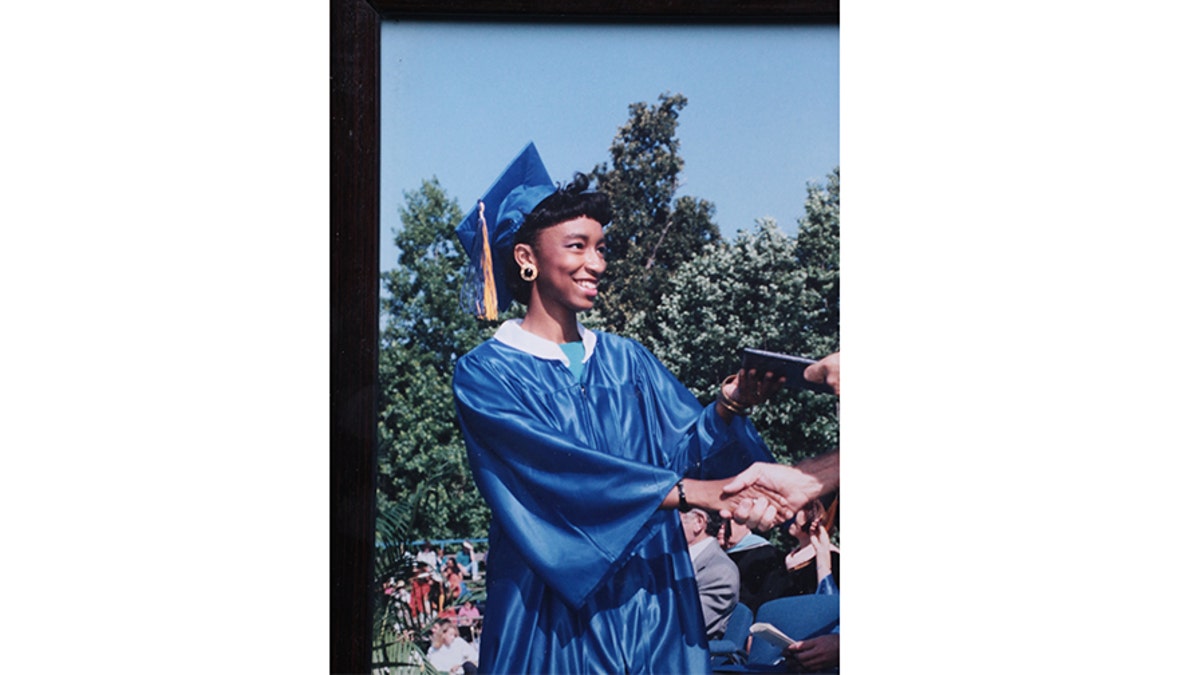
Shawna Denise Hawk, one of Henry Louis Wallace's victims. (Discovery)
"We need to listen to the cries of the community. Listen to the cries of law enforcement. [Law enforcement must] adequately staff their department and their unit. Give them training. Make sure they have the right tools, research, and the capabilities to solve these crimes.”
“I still think about Sharon,” added McFadden. “I still think about all the girls.”
"Bad Henry" airs Tuesday, July 24th at 9 p.m. on Investigation Discovery.


